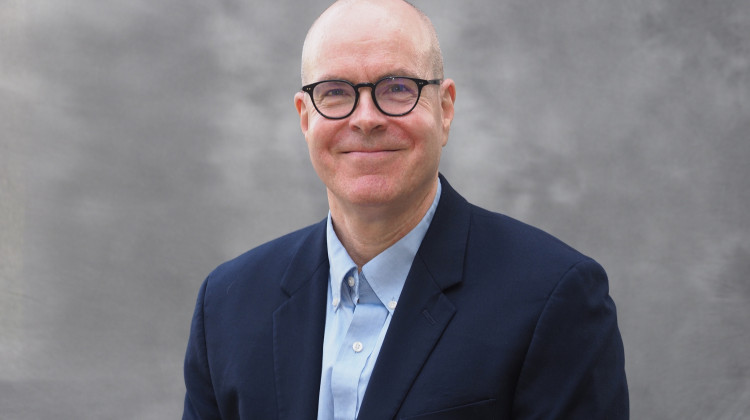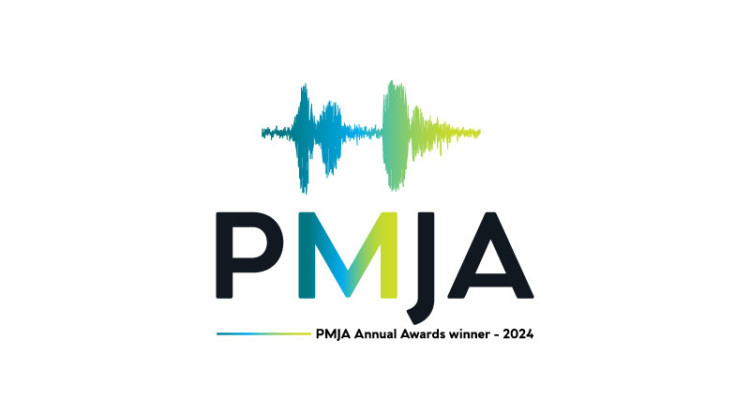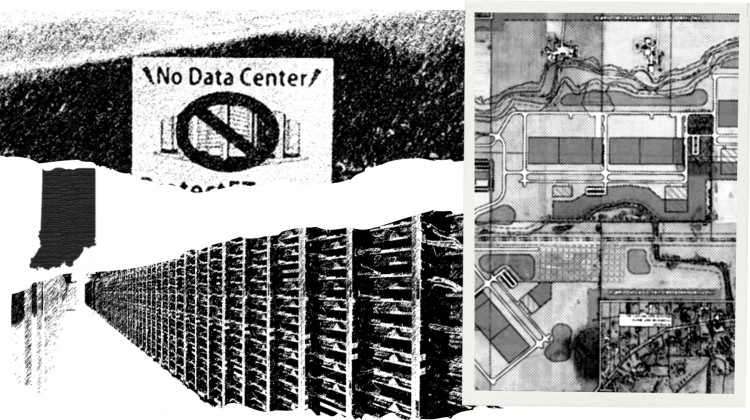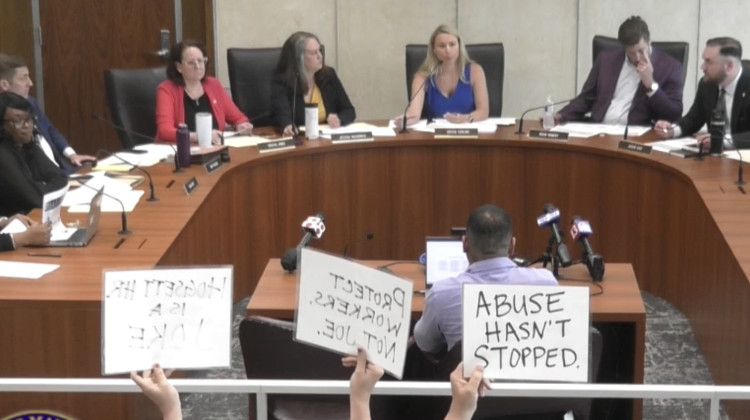
Local lawyer Fran Quigley has written a new book that explores lessons from eviction court.
Photo provided by Fran QuigleyLocal lawyer, author and professor Fran Quigley, explores his work in eviction court in a new book.
WFYI’s Abriana Herron spoke to Quigley about his book entitled “Lessons from Eviction Court: How we can end our housing crisis." It details the issues that land people in court, possible solutions and the stories of those facing eviction.
This transcript has been edited for style and clarity.
Abriana Herron: Why did you decide to start here with eviction when writing your book on the current housing crisis?
Fran Quigley: My day job is teaching at the IU McKinney Law School here in Indianapolis, and the most important part of what I do is students and me going to eviction court, where the law students will represent their first ever clients who are low income people facing eviction in our community. From there, we take a lot of lessons.
I'm supposed to be the one providing the lessons, because I'm the professor, right? But in reality, the clients and what they're going through — and what that indicates of the problems that led them to eviction court and the solutions we could adopt — those are the lessons we really took from the experience.
Herron: So alluding to the title of the book, what are some of the biggest lessons that you and your students have taken from eviction court?
Quigley: Well, eviction court, it turns out, is kind of the entrance ramp to homelessness. Unfortunately, people who we represent, people who are in court, their next stop might be sleeping in their cars. It might be at a shelter. It might be an extended stay motel. It may be in the streets. So folks are losing their homes in eviction court, and there's 500 filed every week just in Indianapolis alone.
They are there because they simply can't afford profit-making housing; they can't afford housing that's not subsidized because they have low wages, because they're living with a disability, because they have caregiving duties. The folks are there just because the money doesn't add up to what housing costs in a market where we don't have enough subsidized housing.
Herron: Intertwined throughout the book are the real life experiences of your clients. Why was it important for you to include their stories into your book?
Quigley: Their stories are what taught me about housing, what led them there and how we can fix it. So when you do have a client who is working a third shift at a convenience store, you have clients who have a sick kid or a kid living with disabilities, and they can't work that much, and therefore they don't have enough income. You have clients who are themselves ill or living with a disability and they can't work, and therefore their income is a sub poverty level.
They're the ones teaching us about what the problems are that are causing our housing crisis, and also their situations suggest what the solutions are too. Because it doesn't have to be this way.
Herron: So what is the Housing First approach that you mentioned in your writing?
Quigley: Housing First really derives from the understanding that the reason people are homeless, the reason people are living unhoused, is almost always because they can't afford housing. But to be honest, who we see in eviction court that's almost never the kind of quote-unquote 'chronically homeless' that you'll see on the streets.
They are usually families, and when they become homeless, they're sleeping in a car. They're sleeping on grandma's floor until grandma gets tired of that and kicks them out. They're sleeping in an extended stay motel until they can't afford that anymore. Calling the family shelters, which are full every day, trying to get a spot.
The Housing First approach just simply treats housing as a human right, as opposed to just a profit making commodity, and says the first thing we're going to do for an individual or family who doesn't have housing is provide them housing.
Housing first, and if they need support services after that: If they need mental health services or addiction services or job training or transportation help or childcare help, we'll do that next. And so that Housing First model has has proven to be enormously impactful and successful.
Herron: And what do you hope readers take away from the book?
Quigley: What I hope readers take away from the book is that it doesn't have to be this way. We do not have to have eviction courts that are teaming full of families who are getting ready to lose their housing. We don't have to have shelters that are full and people sleeping on the streets of our communities.
We know it doesn't have to be that way, because it isn't that way in other communities around the world, where they do have enough supportive housing to make sure people have a place to stay.
Contact WFYI Morning Edition newscaster and reporter Abriana Herron at aherron@wfyi.org.
 DONATE
DONATE






 Support WFYI. We can't do it without you.
Support WFYI. We can't do it without you.